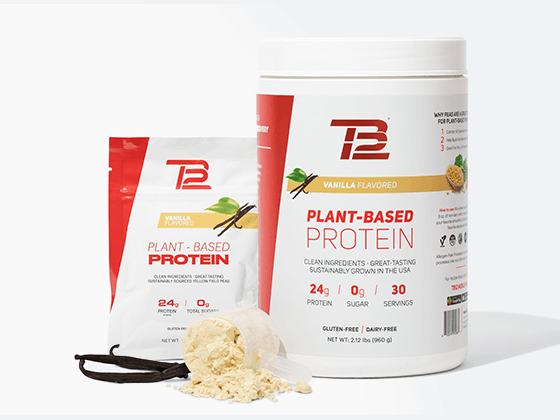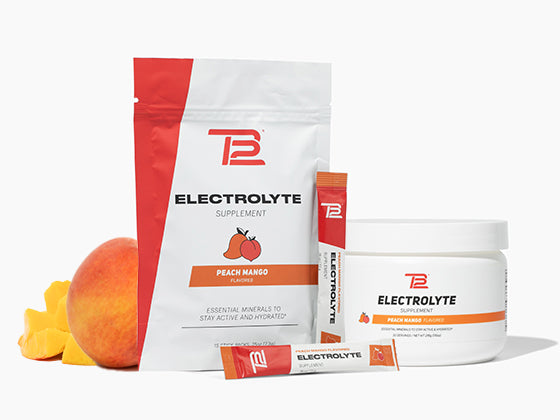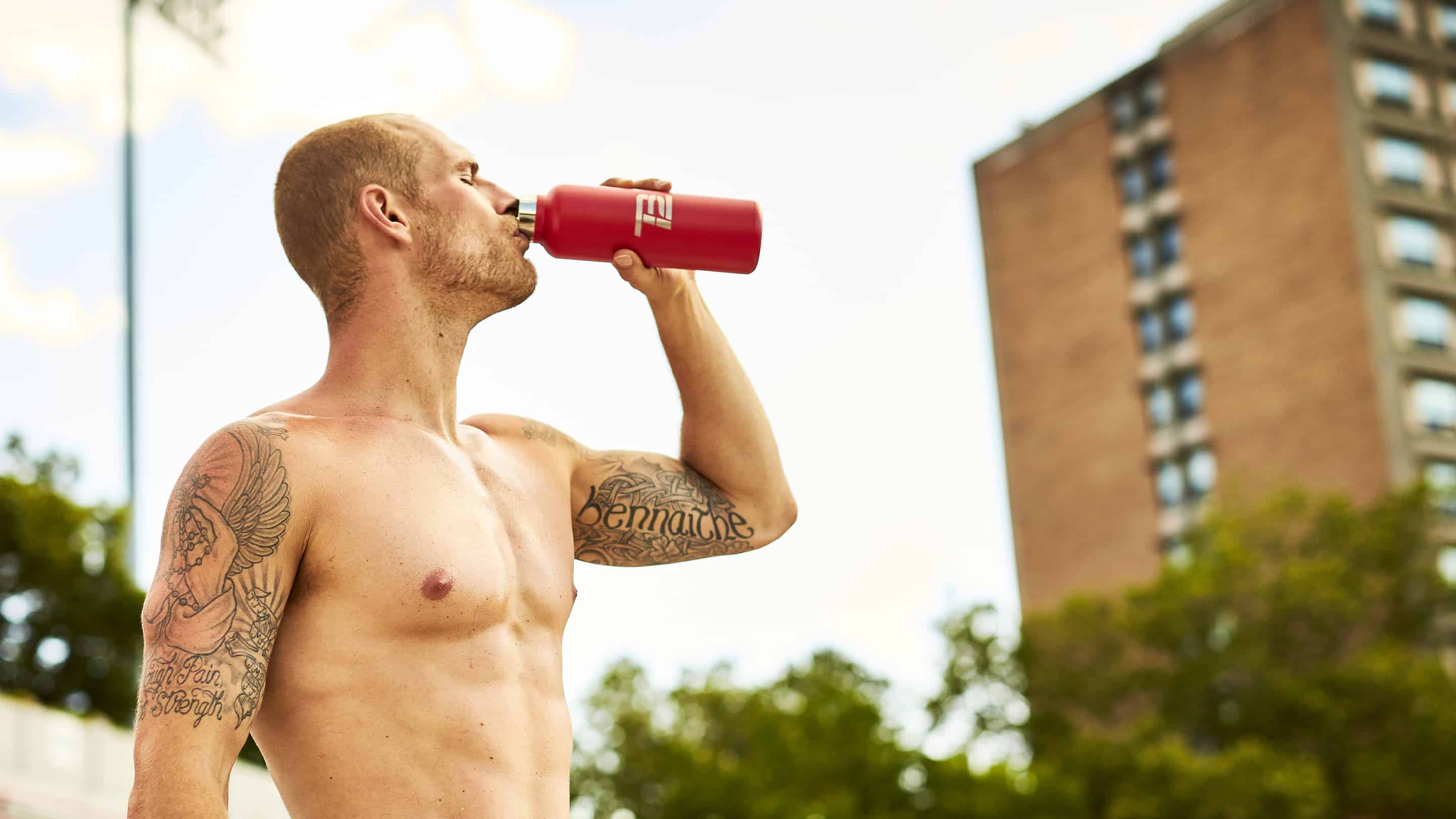Fall is an amazing time to run a marathon— the temperature is perfect, leaves are changing, and there are so many great options for races. The challenge, however, is that we all now have a lot of hard work to put in during the hottest months of the year. Here are a few important things to prioritize as you begin your training again:
Hydration
Hydration is key to a successful run, especially in the heat. At TB12, we suggest you drink half your bodyweight in ounces throughout the day in general – but during training this should be a minimum. Start planning out your water intake early in the training process so that you know exactly how much your body needs when it comes to race day. A big part of marathon training is also training your gut! Try adding electrolytes to replenish salt and carbohydrates that you will lose. If you are a more salty sweater, electrolytes are even more important for you.
To determine how much water you need during your runs, try to weigh yourself before and after one of your runs. For every pound you lose, that is 16 ounces of water that you need to replace either during or after the run.
Carrying a water bottle with you is an easy way to stay hydrated during your run, but one bottle is likely not going to be enough for a long run. I plan my long runs based on locations where I know there are water fountains I can use to fill up. If you don’t have access to water fountains on your route, most coffee shops are willing to fill up your water bottle for free. If you really hate carrying a water bottle with you, plan a route that allows you to loop around and leave the water bottle near a bench so you can grab it when you run by.
Once your run stops, your hydration doesn’t. Make sure to continue to stay hydrated the rest of the day. Your cells need water to help rebuild and recover after a strenuous run!
Plan, Plan, Plan
I'm always the person in my friend group who knows the weather for the next 7 days because as a runner, that's my guide for the week. If the weather report calls for a lot of heat and humidity, I do everything I can to plan my runs around it by either avoiding that day, moving that run indoors, or getting outside as early as possible in the morning.
Consistency is Key
The summer often means lots of weekend trips with friends, which makes training very hard. I like to think of it as a way to learn a new city/town. Get out early so you don’t miss out on any of the fun, but still get your run in whenever possible. Try your best to not skip a week, but if you do, jump right back into your program as soon as you get back!
Know What Your Body Needs
This is a great time to really focus on your body and overall health while you prepare for training to pick up again. If you were dealing with any injuries, now is a great time to address them! If you've been training really hard, your body might need to just reset and build some base – this base will carry you to when your training builds back up again.
If you're feeling great, maybe you work on things that you don’t usually do or that you don’t like to do – for example speed work, hills, or intervals!
----
To learn more about preparing for long-distance and endurance running, check out our Marathon Training Guide.






